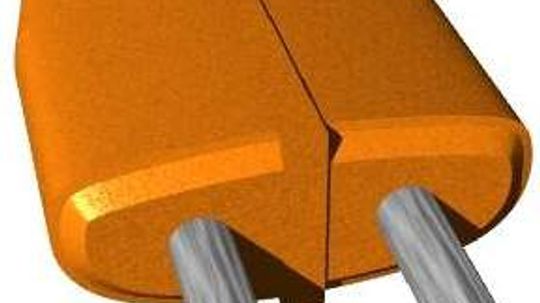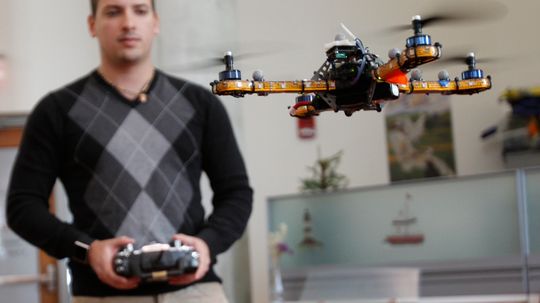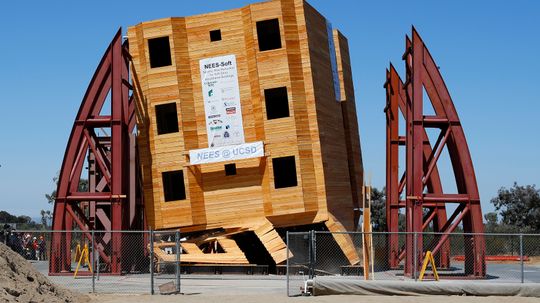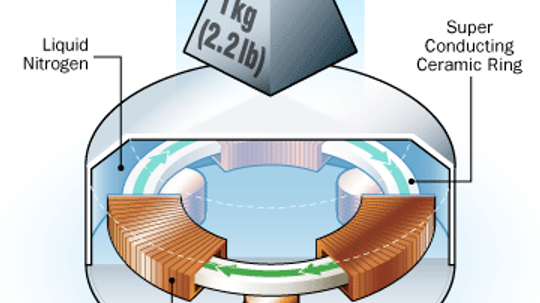Science Questions
Science questions are a fun and interesting way to learn about planet Earth, organisms and the universe. In this section you'll find an incredible collection of science questions covering a wide variety of topics.

10 Nobel Laureates Whose Work Changed the World
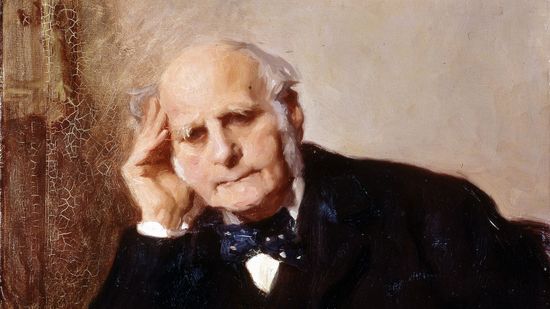
Eugenics Overshadows the Legacy of Scientific Genius Francis Galton
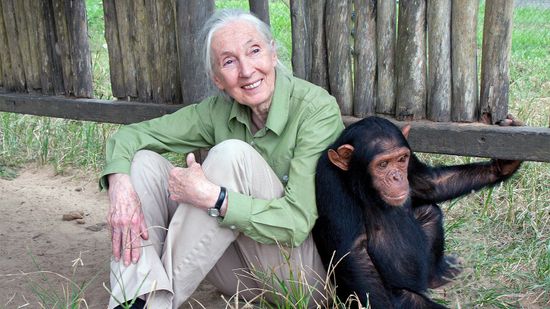
Jane Goodall: A Global Face for Global Peace
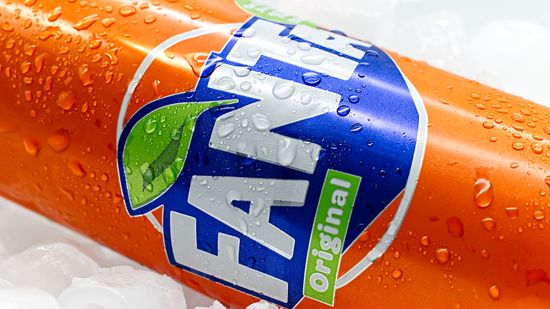
Who Made Fanta? Was It Really the Nazis' Favorite Soda?

'Mad Honey' Comes From Bees That Gather This Specific Nectar

Barrels and Barrels of Aged Beer

Who Invented the Toilet? A Brief History of the Flush

HowStuffWorks: How Porta Potties Work
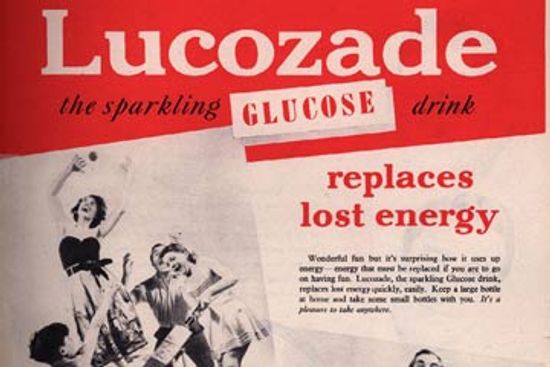
Who invented sports drinks?

Meet the Man Who Invented Cool Whip, Tang and Pop Rocks
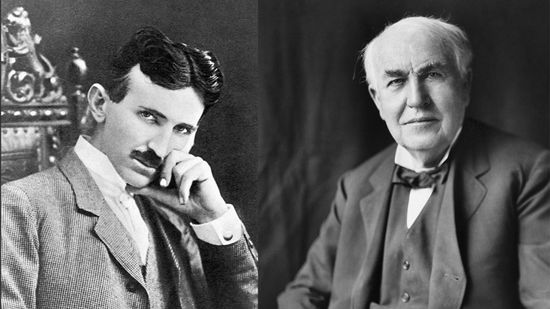
Thomas Edison vs. Nikola Tesla Quiz

Rube Goldberg: The Man Behind the Ingenious Contraptions

The Evolution of Dictaphones: A Comprehensive History
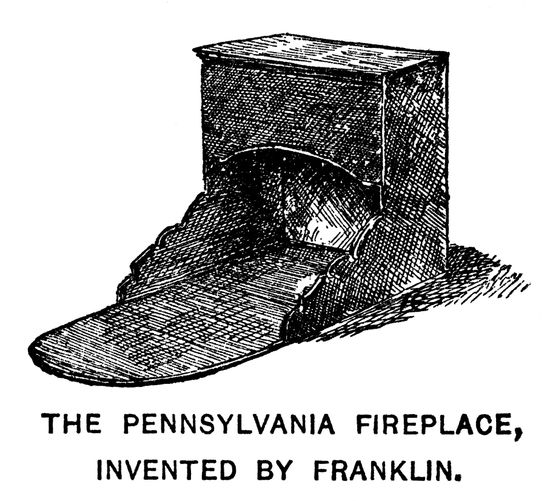
The Evolution of the Franklin Stove: From Invention to Modern Efficiency

The Fascinating History of the Mimeograph Machine

5 Green NASA Inventions
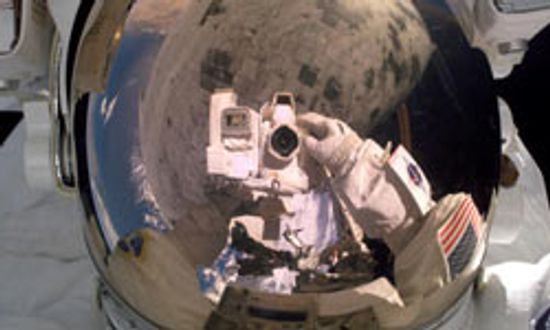
5 Types of NASA Technology in Your Attic
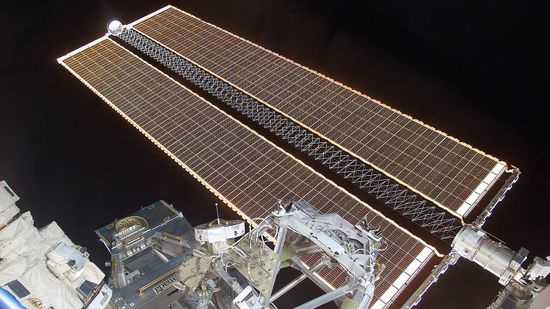
How Has NASA Improved Solar Energy?

How hard is the patent application process?

How to File a Patent
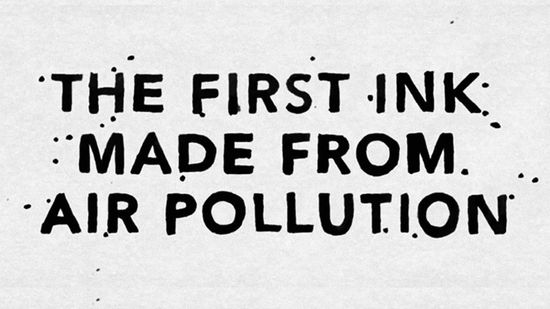
Turning Air Pollution Into Ink

10 New Uses for Old Inventions

How Do QR Codes Work? 2D Barcodes Explained
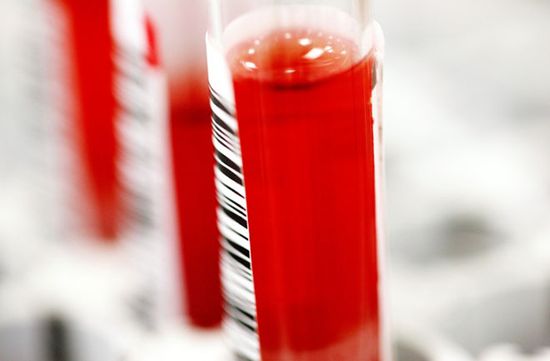
How can a bar code save your life?

Why does a balloon stick to hair?
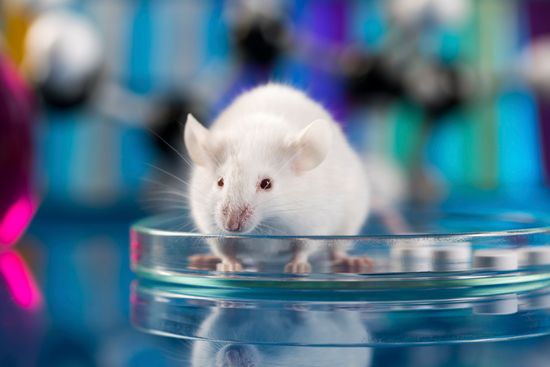
Why Do We Experiment on Mice?

10 Black Scientists You Should Know
Learn More / Page 2
How do trick birthday candles work -- the kind that re-light themselves after you blow them out?
Although technology is helping to make the world seem a lot smaller, there are still major differences between countries. Learn about electrical standardization around the globe.
Nuclear plants provide the world with much of its electricity. Learn why Uranium-235 is ideal for nuclear power, in this article.
Advertisement
Although spending time upside down can be good for overall health, doing so eventually can be fatal under the right conditions.
Most loss of life in earthquakes comes from people being trapped inside crumbling buildings. And engineers have come up with many techniques to lessen the structural damage. But is there a way to make a building completely earthquake-proof?
Seven million (and counting) YouTube viewers can't be wrong. Nano quadrotors are tiny, autonomous flying machines that have the Internet buzzing.
By Chris Opfer
Bend but don't break: That's the idea behind many of these temblor-thwarting technologies. They may even allow a building's inhabitants to walk out unharmed and start picking up the pieces after the earthquake subsides.
Advertisement
On its good days, science is incredible and enlightening. On its bad days, science can be anywhere from gross to downright bizarre. What are some of science's craziest questions? (And why did anyone want to answer them?)
"Objects in mirror are closer than they appear." That little line appears so often and in so many contexts, it's almost lost all meaning -- but why is it there, and what does physics have to do with it?
By Julia Layton
Why is the sky blue? What's relativity all about? If you're thinking, "something to do with light and physics and stuff," we have some short explanations for you.
No really, can you? Sure, there are lots of chairs out there. Some rock. Some roll. Some recline. Some remain so crazy modern that we're afraid to direct our keisters onto their serious coolness. How you would change this staple of sedentary life?
By Robert Lamb
Advertisement
In 1915, the great physicist predicted the existence of ripples in space-time called gravitational waves. A century later, scientists finally have detected them on Earth.
You've seen them. Those iconic, mesmerizing liquid sculptures that dance inside a glass bottle, casting a warm and nostalgic glow. Yes, we're talking about the lava lamp. But, how do lava lamps work?
Gravity dictates the structure of the universe, from the way cosmic bodies form to the way they orbit more massive planets or stars. Has it always played such a starring role in our cosmic history?
By Robert Lamb
Gravity is great, but if we could figure out how to selectively reduce its effects, we could cut the energy demands of travel and transportation. Don't cheaper airline tickets sound pretty good?
By Robert Lamb
Advertisement
You may have heard of Topsy the elephant and her sad demise at the hands of Thomas Edison. But what's the real story?
If you step on a crack, you'll break your mother's back. Surely you know this jingle from childhood. It's a silly example of a correlation with no causation. But there are some real-world instances that we often hear, or maybe even tell?

